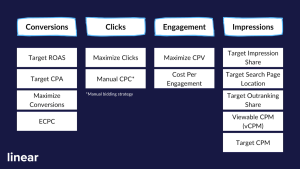— November 9, 2018

12019 / Pixabay
We all have bad days. Your top performer may show up for work one morning feeling under the weather, or frazzled from a hectic morning at home. It may even show in their performance. These things happen, and as a leader, it’s important to show some understanding.
But what happens when that bad day becomes a bad week, and then a bad month? What happens when your star employee simply doesn’t perform like a star any longer?
This can obviously be discouraging, but there are some practical ways in which you can help.
It Starts with Communication
I’d start by just talking to the employee.
Stop by their desk or their office some time for a private conversation, or invite them into your office for a check-in. My advice would be to avoid taking an accusatory tone, and instead just ask if everything is okay. You might say something like this: “Bill, you used to be the first one here each morning, but lately I’ve noticed that you’re coming in quite a bit later. Is everything alright?”
What you may find is that the employee is dealing with a hardship at home that’s sapping some of their mental energy. But checking in and letting the employee know you care can be meaningful; in some cases it can help that employee regain some focus and drive.
What if It’s Burnout?
You should also consider the possibility that the employee is dealing with burnout.
Are they showing any additional signs and symptoms, beyond an impaired workplace performance? Do they seem more negative? Do they complain or grumble more than they used to? Do they seem less invested in the vision of the company?
If you’re dealing with a burnout case, then it may be time to encourage that employee to talk with HR, take some time off, or develop a better stress management routine. It may also be that a change in that employee’s responsibilities could be beneficial.
Additional Ways to Help an Employee Who’s Slipping
After you check off those two boxes, consider just a few additional ways in which you can help:
- See if there is a problem with the employee’s work environment or equipment; there may be a very practical, functional reason why they’re struggling.
- Consider that what they really need might be affirmation for a job well done; look for an opportunity to praise them for some good work they’ve completed.
- Communicate your expectations clearly; maybe the best thing you can do is simply remind your employee of where the bar is.
Business & Finance Articles on Business 2 Community
(78)








